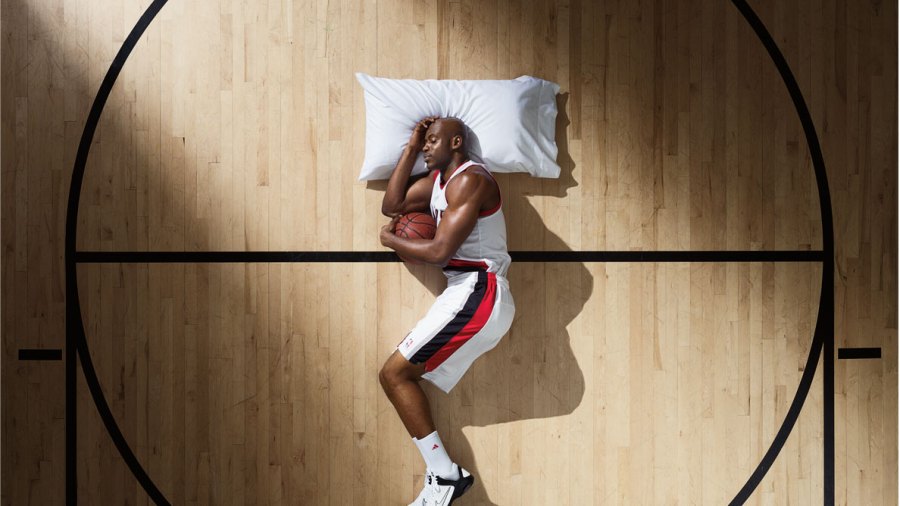How much protein have you eaten today? If you are not sure how much protein you consumed today, you might want to make sure you are getting enough protein in your diet. Protein contributes to how our body’s everyday functions. Thus, it is time to become a pro about protein and learn the importance, benefits and how much protein you should have.
What is protein?
Proteins are the building blocks of life and are the second most important macromolecule (large molecule) in the body. The protein molecule is made up of twenty different building blocks commonly known as amino acids. These amino acids make up the protein molecule chain and come in all shapes, sizes and functionality depending on the length and formation of the amino acids that form this chain. You may have heard and might be wondering, why does the human body need to consume protein when it can produce it on its own? Well, within your body and out of the 20 amino acids, the body can only create 11 nonessential amino acids. Accordingly, it cannot produce the essential ones that account for the other nine of them. Therefore, the human body needs to consume these essential amino acids through foods/supplements as it is vital for functions such as tissue repair, growth of bones and muscles, and transportation of oxygen/nutrients, to name a few.
Caption: What is protein and why is it so important? Source: https://www.youtube.com/watch?v=CzBGa8KnM3Q
PRO-tein tips on consumption
We know protein is crucial for health, but what is the limit for consumption – what happens if we consume insufficient or excess amounts? The optimal protein intake amount for a somewhat inactive average man or woman is 56 grams and 46 grams per day, respectively. This amount translates to about 0.36 grams of protein per pound (g/lb) of body weight, according to the Recommended Dietary Allowance (RDA). The RDA is the average daily intake of a nutrient to fulfill the essential nutritional requirements – it provides the goal/minimum amount to consume to stay healthy. Knowing that 0.36 g/lb of protein is the ideal amount, what are the consequences of having a lack of or an excess intake in the amount of protein? Studies have shown that insufficient and excess quantities of protein for long durations restrict bodily function. For protein deficiencies, individuals will develop mood changes, weakness and fatigue, and hair, skin and nail problems. Whereas for an excess intake, dehydration, kidney damage, and increased cancer risk and heart disease may occur.
Caption: Do you need more protein than you think? Well, you might need more protein in your diet depending on your lifestyle. Source: https://www.youtube.com/watch?v=JeKn-ym6sgE
Do you want to be a PRO-tein athlete?
Although there are dire consequences for consuming an excess amount of protein, sometimes it is desirable depending on muscle mass, physique goals and how active an individual is. For athletes, protein intake increases by almost double the amount (1.4 to 2.0 g per kg of body weight) as more energy is used up and the body requires more nutrients to recover and repair muscles. Additionally, protein is essential for muscle growth and boosts metabolism, which assists in burning calories to a greater extent.



